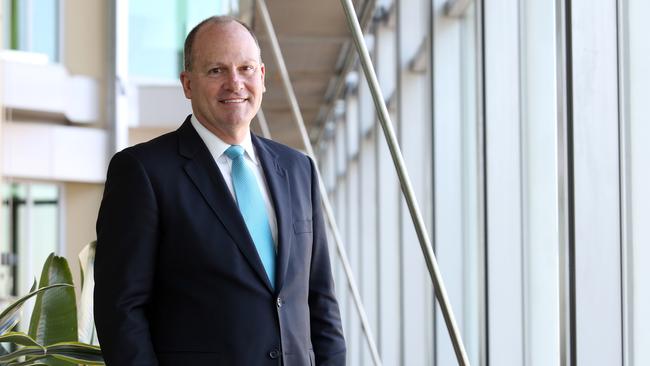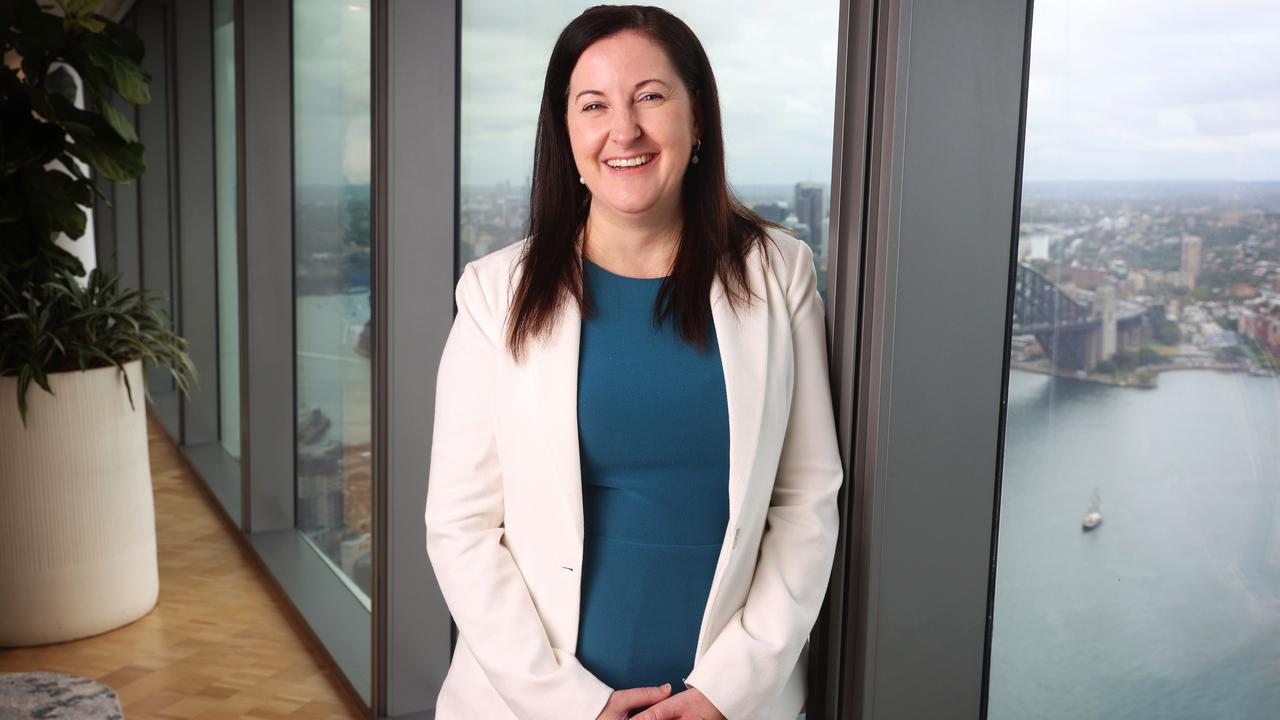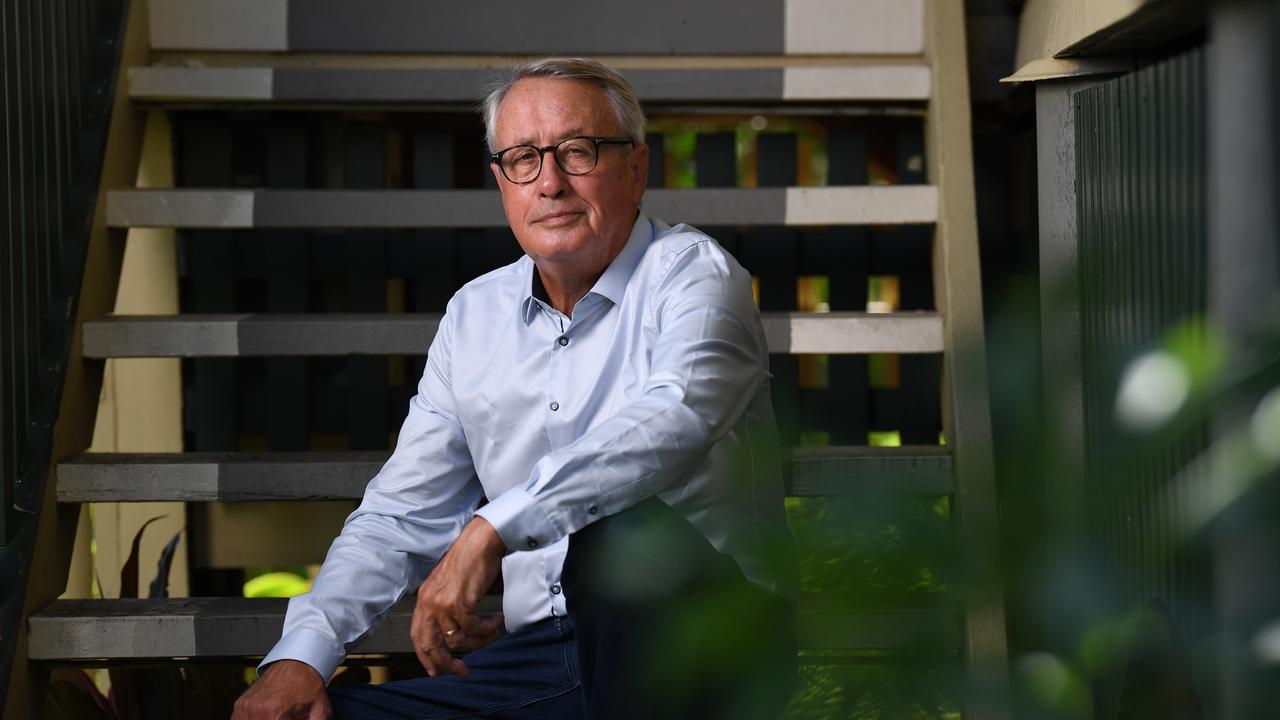
Every year The Australian’s John Durie asks some of the biggest names in Australian business five key questions about what’s coming in the year ahead.
Here, in his own words, is what IAG’s Peter Harmer sees ahead in 2020.
Read more from the CEO Survey.
How is your company affected by low interest rates and what is needed to boost the economy?
I think interest rate cuts have had little impact to date in terms of stimulating the economy or restoring consumer confidence, as more people continue to save rather than spend. Consumer confidence is a big issue for the nation. For a company like ours, declining car sales, falling building approvals and less spending on discretionary items all impact the take-up of insurance. Boosting the economy is going to require a mix of strong monetary, fiscal, and taxation policies that give business and consumers long-term certainty and confidence. The financial impact of lower interest rates for us is lower returns on our investment portfolio, but this only has a modest impact on our overall return profile.
What is the impact of government regulations on your company, including those applying to the financial sector?
The main impact of regulation on our business right now is uncertainty. And regulatory uncertainty is slowing down growth across almost all business sectors. This means businesses are leaving behind opportunities because they’re not certain of what’s going to happen in the next five, 10 or 20 years.
We’re working with government, regulators and consumer groups on several proposed insurance industry reforms, including those coming out of the royal commission that will lead to new regulations. But any new regulation needs to have clear consumer benefits – our concern is that more regulation will lead to more complexity and red tape for our customers when they do business with us. There needs to be a carefully considered balance.
We also know it’s not enough to meet our minimum obligations to customers, so we’re working on how we continue to improve consumer outcomes in the spirit of Commissioner Kenneth Hayne’s principles.
What percentage of company revenues are spent on research and development, and how is your company using technology to improve performance?
Great business performance is about providing excellent customer experiences. Whether that’s through investing in technology, R&D, our partners or our people. Because R&D is so tightly integrated into what we do, it’s hard to put a monetary figure on our total investment in this area. We have set aside an additional $50m in the next financial year to dial-up our investment in data, artificial intelligence and innovation technologies to build new digital businesses capable of delivering new revenue streams. And we are seeing some great outcomes from the work we have already done to improve and transform the experiences customers have with us. For example, next year we’re rolling out new technology that will help predict whether a customer’s vehicle is a total loss, reducing customer’s wait time from 16 days to just hours after making a claim.
Artificial intelligence (AI) is helping us support customers in reducing their risks and improving their experience with us, but given the profound impact we know AI will have, we are ensuring that the algorithms we design are fair and equitable to our customers.
This is why we’re taking a lead on ethical AI. We co-founded the Gradient Institute a year ago – along with Sydney University and the CSIRO’s Data61 – to elevate the national thinking and conversation about how AI-based systems can provide better outcomes for society. This is all in line with our purpose.
What are the three major policy issues facing the country and what should be done about them?
Climate action/mitigation: It’s time for everybody to take responsibility for climate change, and we’re calling for a coordinated national approach from governments, industries and communities on climate action. IAG (and the US National Centre for Atmospheric Research) recently released a report showing that our climate is changing more quickly than many have predicted. And we know that rising temperatures will lead to dramatic changes in the frequency and intensity of extreme weather in Australia. We’re urging governments at all levels to increase funding for mitigation works to make communities safer and more resilient for the long-term. We need to strike a better balance between spending on disaster mitigation and resilience, versus recovery and reconstruction.
Future of work: The changing nature of the work we do and how we work is a broad economic and social phenomenon affecting everyone from the Boomers to the post-Millennials. It’s time we made the shift from talking about the future of work to taking action. Action that makes sure Australians have the right skills for the future. We think lifelong learning will futureproof our country’s workforce and help our businesses remain competitive here and around the world. We’re preparing our people at IAG, but this is a challenge that needs a collective response.
We recently called for the government to commission a Future of Work White Paper and that industry, academia and the community work with the government on this.
Supporting small business: As a nation, we need to do more to help small businesses. Small business owners by nature are highly entrepreneurial and ambitious people – exactly the people our country needs if we’re going to become a “can-do” nation. I think we need to find ways to foster ambition to allow our entrepreneurs to realise their potential, and in doing that, we speed up innovation, sensible risk-taking and general economic productivity. We need to support and invest in smart people and smart ideas and put away the tall poppy syndrome. I’m inspired by the talented small business owners we’re supporting. Through CGU we’ve been backing small business for 165+ years, and we recently announced five $5000 business grants to support indigenous business owners. We are partnering with an inspirational small business called Catalysr, which is helping to bring refugee and migrant business ideas to life. And, through our Firemark Ventures fund, we’re investing $75 m in innovative start-ups. We’ve already invested approximately $19 m across eight companies – including Airtasker, UpGuard, Life360, HyperAnna and ActivePipe. If we make life easier for our small businesses, it’s good for the economy, good for innovation and importantly good for consumer confidence.
What are the major impediments to long-term growth facing your company and what can or is being done about them?
The key challenge not only for us but for all businesses is getting greater clarity on what we need to do, not only today but in five, 10 or 20 years, to ensure long-term sustainability and to continue to meet customer needs and societal expectations. For IAG, getting greater clarity over nation-wide initiatives and regulation will help keep insurance affordable in a world where we are seeing increasing risks due to changing climate in particular.
Regulatory uncertainty is a challenge. Business growth is dependent on your ability to take calculated risks, and regulatory uncertainty mitigates against taking those risks. We risk leaving behind growth opportunities because we’re just not certain of what will happen in the near future.
Economic uncertainty means consumer confidence continues to decline, and that’s an ongoing challenge as people trade off cost-of-living and discretionary expenses. Insurance can sometimes fall into the discretionary category when times are tight.
There needs to be a coordinated, national response to community resilience as we continue to grapple with the impact and the consequences of climate change. There is overwhelming evidence that demonstrates the economic and social impact savings, which upfront mitigation funding could achieve, and this is being ignored. As a founding member of the Australian Business Roundtable for Disaster Resilience & Safer Communities, we have repeatedly called for changing the approach to natural disaster funding, identifying that spending $250m per year in preventative infrastructure could reduce recovery costs after natural disasters by 50 per cent generating economic savings of $12.2bn by 2050.



